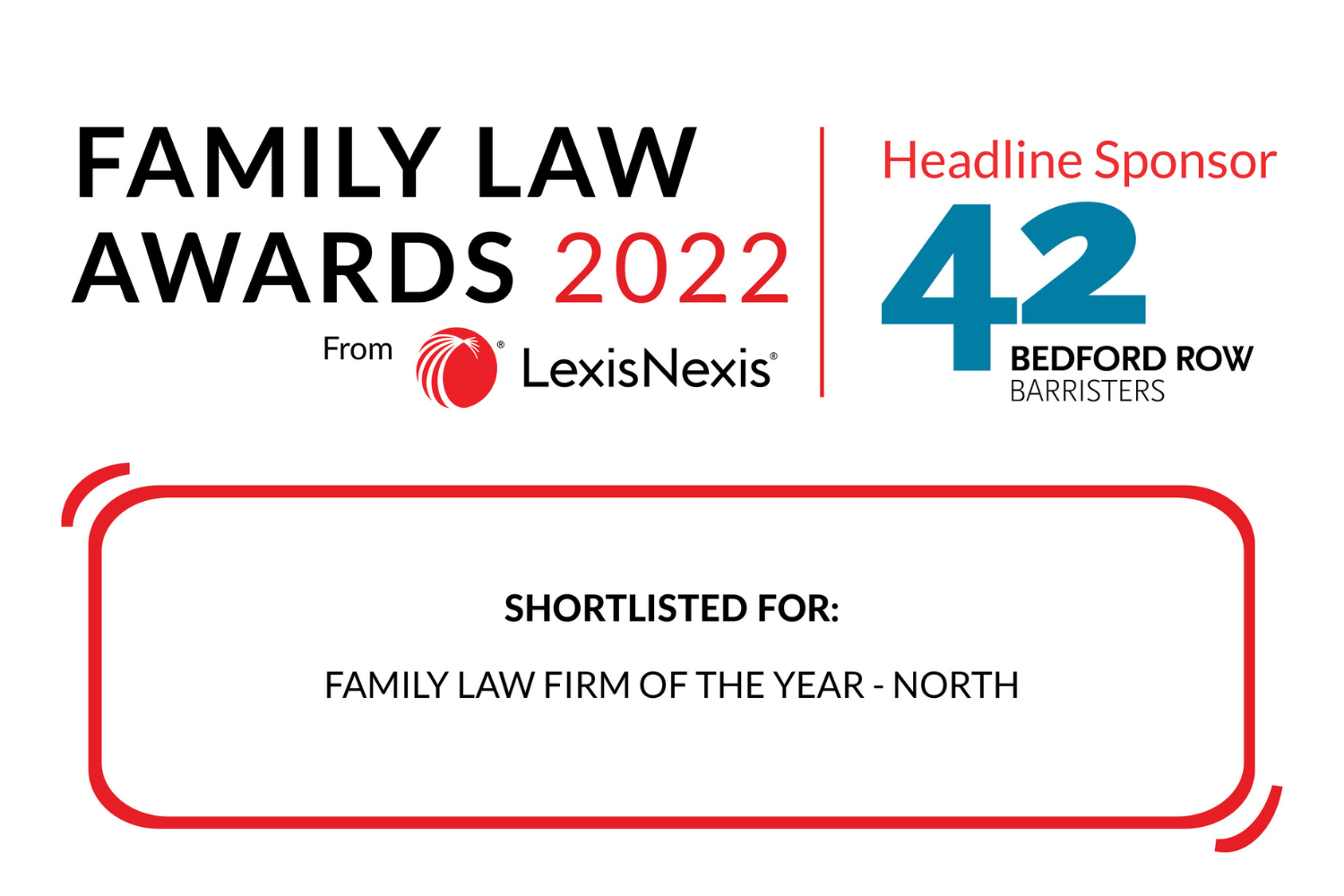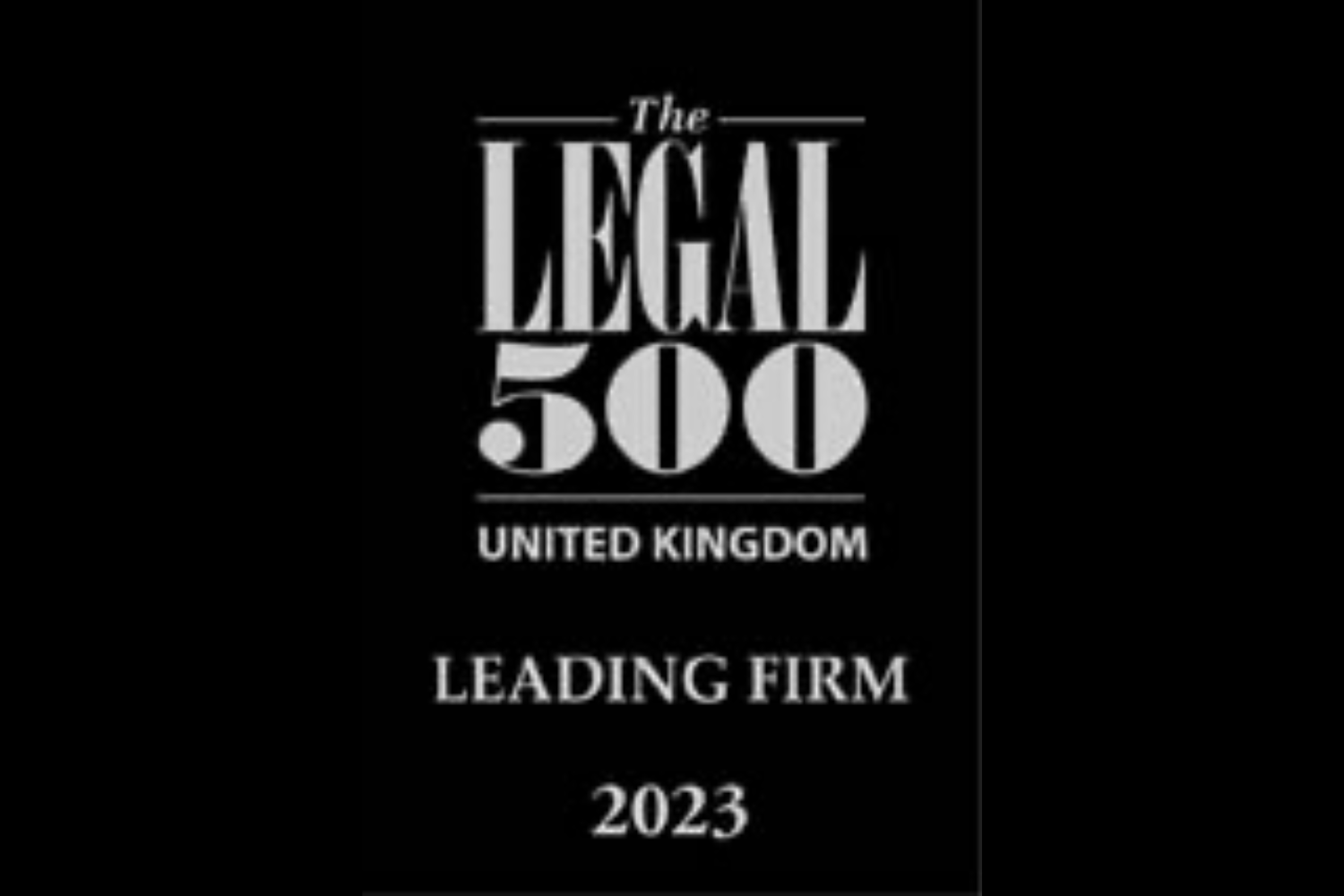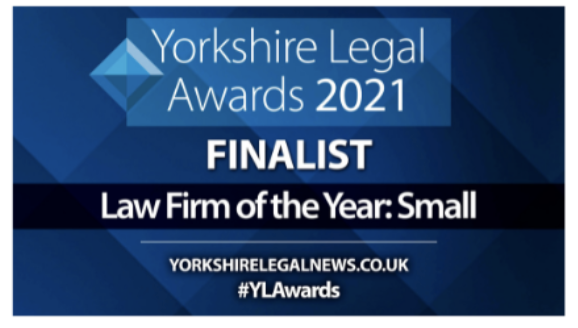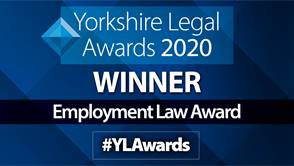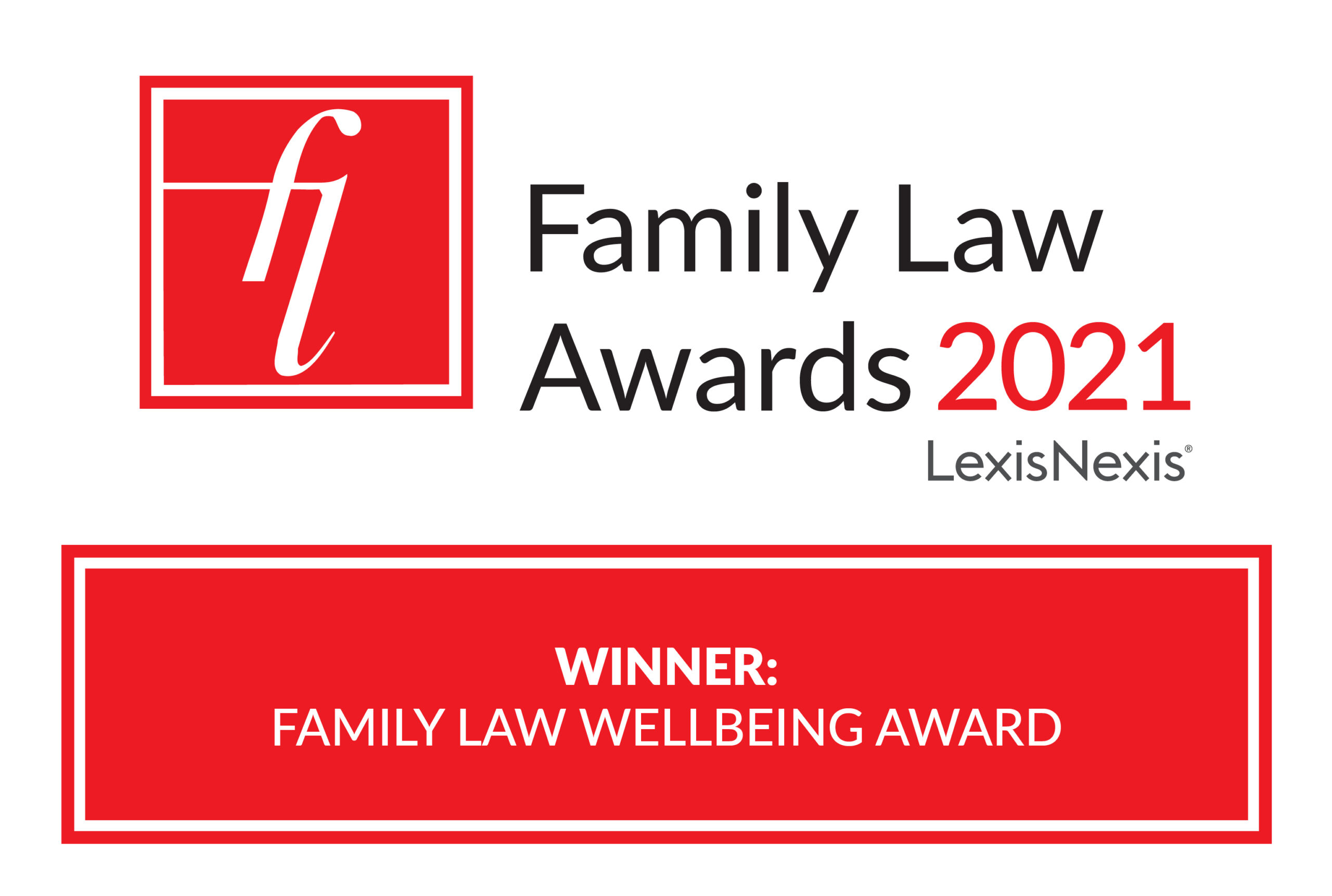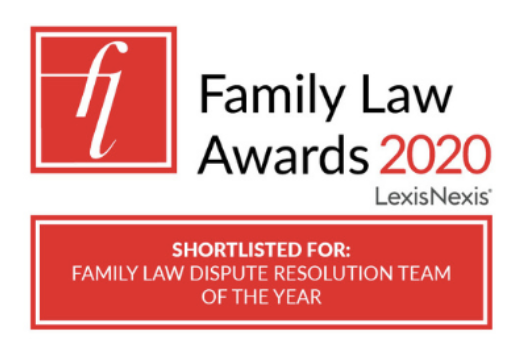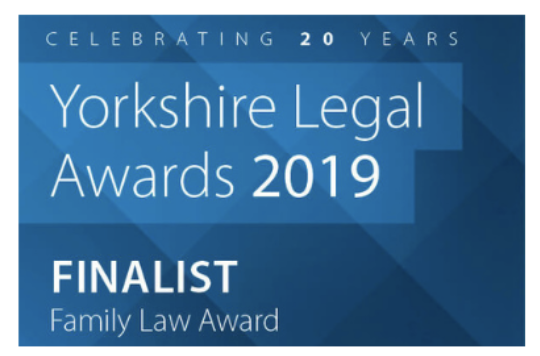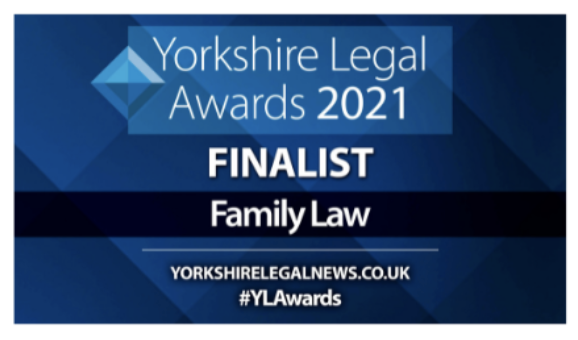Financial Settlements on Divorce
Offices in Leeds, Harrogate & London
At Consilia Legal, our team of specialist family solicitors have the necessary expertise to assist and advise you in negotiating a financial settlement with your spouse or civil partner no matter however unique or complex your finances appear to be.
We know that every situation is different and we aim to work with you to achieve the best outcome for you.
When you and a partner/spouse separate you may have numerous issues to resolve in relation to your financial affairs. If you are married or in a civil partnership then you will have a host of matrimonial/nuptial claims to resolve in relation to:-
- Capital – including your home, any savings, investments and other saleable assets;
- Pensions – there are different options as to how pensions should be treated;
- Business – You and/or your spouse may be directors and/or shareholders of a company or have an interest in a partnership;
- Trusts – you may have assets that are held within trusts;
- Inheritance – you may have inherited monies prior, during or following the breakdown of your relationship with the other party;
- Income – you or your spouse may need to continue to financially support the other;
- Liabilities – you or your spouse may have incurred debts during the relationship.
Contact Our family Law Team
We can help you to resolve these issues by advising upon legal principles which are set out in statute, principally Section 25 of the Matrimonial Causes Act 1973 and a host of updating legislation and case law (decisions of the Courts) which inform us as to how the law is interpreted. The law sets out a checklist of factors and the importance of each factor will depend upon your individual situation. In the majority of situations, a balancing act is required and there is often no one clear cut answer but rather a range of solutions that would be acceptable in law and endorsed by a Court.
You may find that family and friends are eager to give advice based upon what happened to them or to someone they know. It is vitally important however that you speak to a family law specialist who can inform you of what the law says and how that applies to your unique set of circumstances.
When deciding on financial issues there are a range of methods available including:
- Do it yourself:
- Negotiate through your solicitor;
- Family mediation;
- Arbitration;
- Collaborative law;
Before you are able to make an application to court you are required to attend a mediation information assessment meeting (MIAM) to see if mediation is suitable to resolve matters.
In the event that mediation is not suitable or you do not wish to engage in the mediation process with your spouse/partner, you can obtain a form from the mediator to evidence that you attended your MIAM and you can then complete an application to court.
Agreeing matters prior to issuing court proceedings
If you manage to reach an agreement directly with your spouse/civil partner then it is important to get the agreement properly drawn up by a family specialist into a Consent Order which is a legally binding order within In the event that divorce proceedings are not issued, we would recommend that a Separation Agreement is prepared to document the agreement reached.
Issuing Financial Remedy Proceedings
The Court Process
First Stage
The court will provide you with a timetable for a number of documents that need to be prepared and exchanged with the other party before attending court. This includes the following:
- Financial Disclosure by way of Form E;
- Concise Statement of Issues;
- Chronology;
- Questionnaires;
- Form G (assessment of costs to date).
Second Stage
This is when you have to attend the First Directions Appointment (FDA). At this hearing the Judge looks at the questionnaires that are proposed and it is an opportunity to raise questions if the other party refuses to provide certain information. The Judge can make an order for the document to be disclosed if necessary. If there is no dispute in relation to disclosure the FDA can be used as a Financial Dispute Resolution (FDR) hearing.
The Judge may also consider the appointment of necessary experts at the FDA.
Third Stage
Following the FDA if the case is not settled, the matter is listed for a Financial Dispute Resolution (FDR) hearing. The FDR is an opportunity for the parties to agree matters and the majority of matters are resolved at this stage when both parties are present at court with their legal advisors. At this hearing the Judge will provide their provisional view on how matters should be settled and how they see matters being dealt with at a final hearing. This should in turn prompt parties to negotiate after listening to the Judge’s opinion. If matters cannot be resolved the judge hearing the FDR will have no further involvement in the matter.
Fourth Stage
If matters can not be resolved at the FDR, the case will procced to a Final hearing. This is where the Judge will listen to evidence and make a decision as to the outcome of the case. It is highly likely that you will need to instruct a barrister to act on your behalf at this stage. In preparation for the final hearing bundles need to be prepared and evidence exchanged and filed at court. The Judge will inform parties of his/her decision and a range of orders can be made including to sell or transfer property and the parties will have to comply with the order.
In the event that parties are able to agree matters within the court process, the applicant’s legal advisor can draft a Consent Order and submit this to court which will bring the case to a conclusion. Parties are encouraged at every opportunity within the court process to resolve matters and it is a last resort to seek the final determination of a Judge.
Frequently Asked Questions
What is a ‘clean break’ and how can I achieve it?
A ‘clean break’ is achieved when the finances of marriage are resolved and there is no ongoing maintenance claim. A ‘clean break’ ends all financial ties between the parties. This is recorded in a Court Order. You can have a deferred clean break if maintenance payments are agreed until a certain time/date and after that date, a ‘clean break’ can then be achieved.
Can I agree in a Consent Order the amount of child maintenance payable?
In a Consent Order, any reference to child maintenance is binding for a year and thereafter if there is a dispute by either party in relation to the amount payable the only redress would be through the Child Maintenance Service (CMS) agency. If the figure agreed is higher than the recommended amount by the CMS then you can only enforce the amount recommended by CMS through them. The court will only enforce the amount within a year of the Consent Order being sealed by the court.
I can’t afford to pay the legal fees but my spouse has assets?
If you are unable to afford a solicitor but your spouse has an income and assets, it is possible to make a claim for Maintenance Pending Suite and a Legal services order.
I want to go to mediation but my ex-partner refuses to attend?
Mediation is a voluntary process and although the court insist that a mediation information assessment meeting (MIAM) is attended it does not mean that the other party has to agree to engage in the process. The mediator can offer shuttle mediation to ensure that the parties do not have face to face contact in an attempt to resolve matters without the need of the court’s assistance, however this is their choice.
I obtained my Decree Absolute 3 years ago and didn’t agree the finances. Can my ex-partner make a claim?
Yes, they can. Until you agree the terms of a Consent Order and obtain the court’s approval then you will remain financially tied to one another. If one of you was to remarry you would not be able to make a claim for spousal maintenance.
At any point before a financial order is made, either party could issue court proceedings and you would be required to go through the court process and exchange financial disclosure with the view to reaching a financial settlement or the matter being determined by the court.
Should I apply for my Decree Absolute before I have sorted out the finances of the marriage?
If you obtain your Decree Absolute you are no longer husband and wife and as such you will not be able to make a claim on your spouse’s pension or other benefits from a final salary pension scheme. If you are applying for a pension sharing order the timing of the application for Decree Absolute is crucial if your spouse passes away before this is implemented.
My Spouse has had an affair, surely this is taken into consideration in distributing the finances?
Unfortunately this is not the case and conduct of the parties in most cases has no bearing in the distribution of marital assets. It is extremely unusual for conduct to be taken into consideration when distributing the marital assets.
Free Initial Discussion
At Consilia Legal, our Family Law team are highly experienced in dealing with all family matters. If you would like to have a confidential free initial discussion surrounding a family matter please contact our family law team on 0113 322 9222 |or enquiries@consilialegal.co.uk

Read Our 5 Star Reviews

Extreamely Helpful
★★★★★
I can’t speak more highly of them.
Made everything more clear with extremely helpful advice.
Sensitive & Efficient
★★★★★
Many thanks to Laura and Kieran for the sensitive, and efficient way they dealt with my legal matter. Helping to make what was a very emotional time bearable, I can highly recommend the team at Consilia Legal.
Exceptional
★★★★★
Laura was exceptional. Having consulted with other firms on the matter, Laura was the only one that truly understood the different elements of the case and knew exactly how to handle it. She was able to daft in the correct barrister for the job and took a great weight off my shoulders. I really cant thank Laura and the team enough.
Incredible
★★★★★
Laura and the team have been an incredible help in my divorce. Through a very difficult time they have always been on hand to offer exceptional advice and assistance. I have always felt reassured by their professionalism and care. Thank You
Human Approach
★★★★★
Thanks Laura and team at Consilia Legal. Great service and such a pragmatic and human approach to the legal system. Fitted really well with my personal values. Truly aimed at being conciliatory rather than adversarial
Super Efficient
★★★★★
Excellent service from Laura Clapton guiding me through a difficult divorce process. Super efficient, professional and carries out the work with understanding and compassion for your situation. Would highly recommend and have already recommended.



